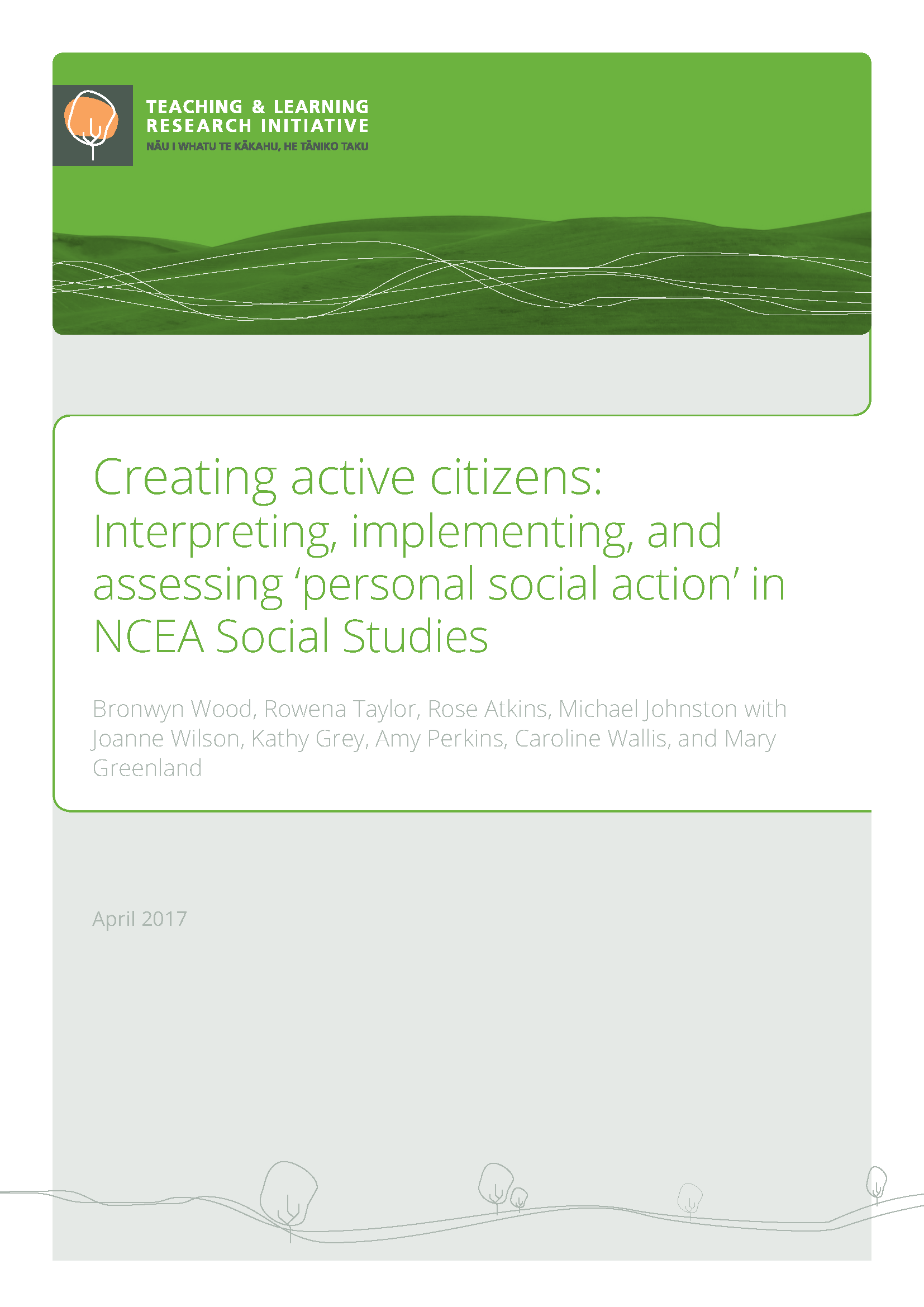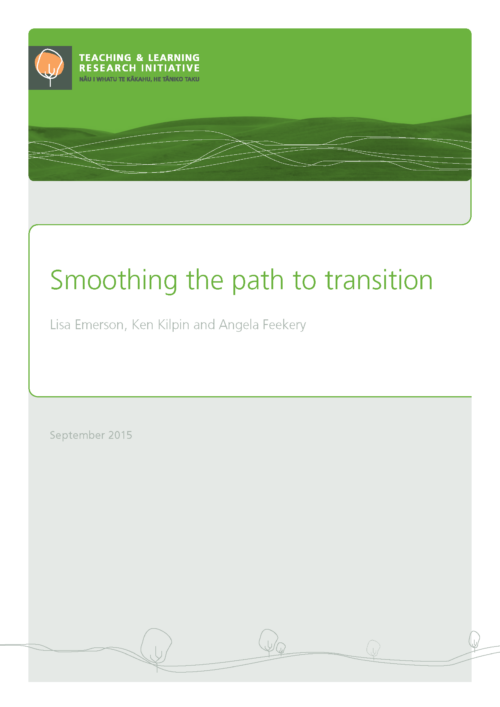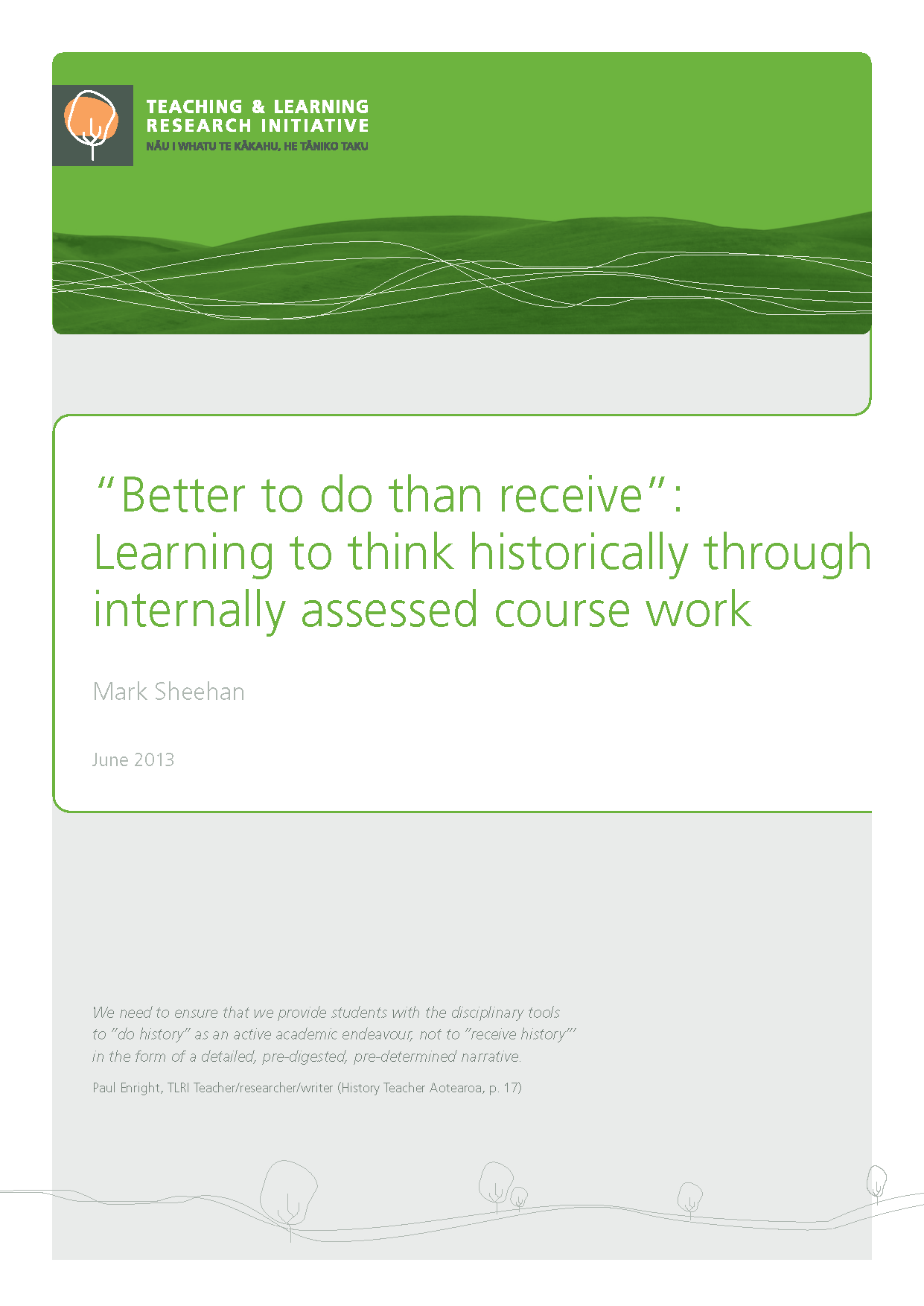
Creating active citizens: Interpreting, implementing and assessing ‘personal social action’ in NCEA social studies
Introduction Since 2013, one internally-assessed Social Studies achievement standard at each of the three levels of the National Certificate of Educational Achievement (NCEA) has required students to actively participate in a social action. Whilst these new personal social action[1] standards hold the potential to support transformative citizenship education, previous research suggests that taking social action can be viewed as ‘risky’ and time consuming. As a result, teachers stick to ‘safer’ and efficient versions of active citizenship (Taylor, 2008; Wood, Taylor, & Atkins, 2013). Our 2-year project sought to examine how these personal social action achievement standards were understood and enacted by both teachers and students and how more critical and transformative



